Slavery and the monarchy: time for a royal reckoning?
King Charles has given his backing to project investigating the links between the British monarchy and the transatlantic slave trade
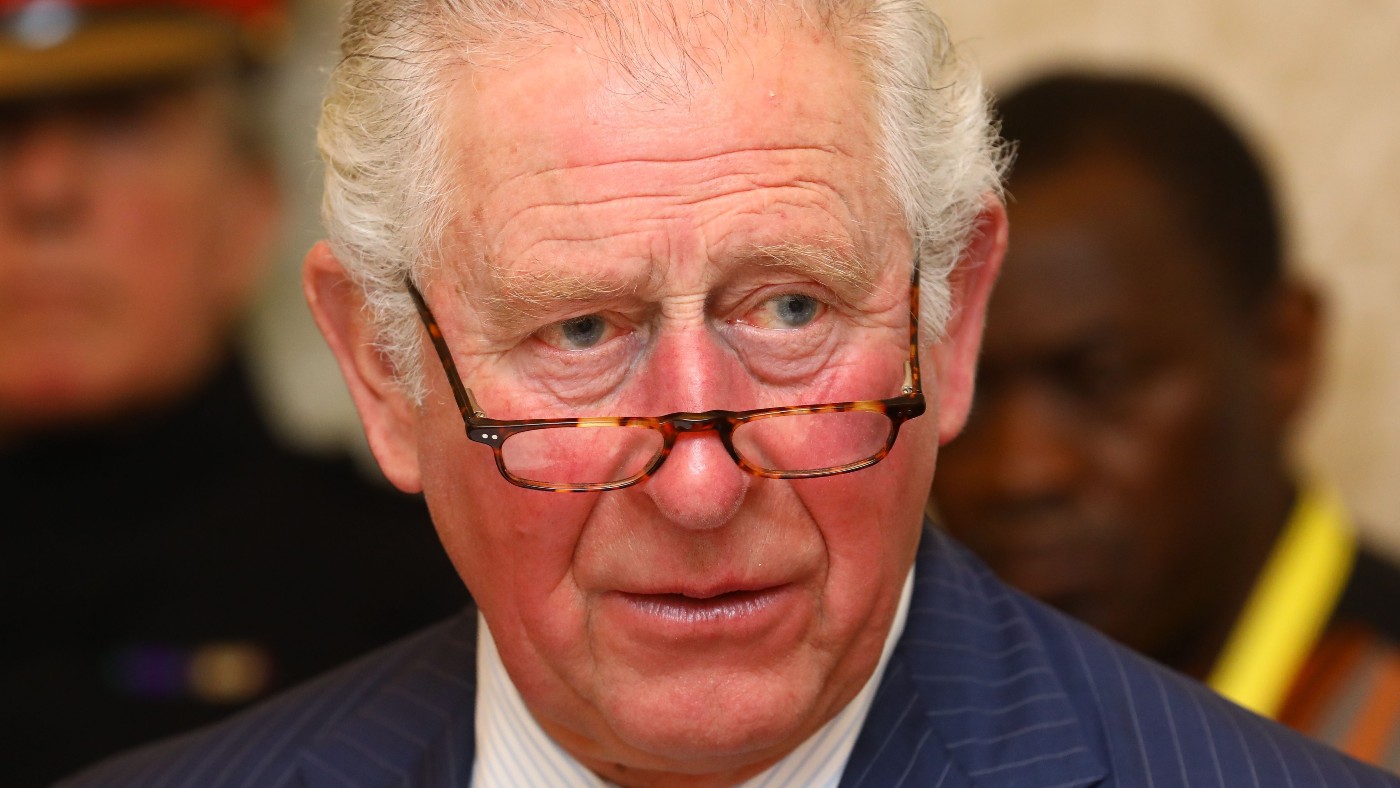
A free daily email with the biggest news stories of the day – and the best features from TheWeek.com
You are now subscribed
Your newsletter sign-up was successful
The list of British institutions reconsidering their uncomfortable relationship with slavery has just acquired an illustrious new member, said The Times.
Buckingham Palace announced last week that King Charles has given his backing to a new research project investigating the links between the British monarchy and the transatlantic slave trade. The Royal Archives would be opened up to assist with the project, the Palace said, adding: “This is an issue that His Majesty takes profoundly seriously.”
‘About time royals acknowledged role’
The statement followed The Guardian’s report that, in 1689, William III was given £1,000 of shares in the slave-trading Royal African Company, awarded to him by the notorious slave-owner Edward Colston. It’s about time, said Brooke Newman in The Guardian. There’s already an extensive paper trail linking the Crown to “the enslavement and death of millions of Africans” – starting 450 years ago, when Elizabeth I sponsored slaving expeditions to west Africa. It’s time for the British monarchy to finally acknowledge its role in “the greatest crime against humanity”.
The Week
Escape your echo chamber. Get the facts behind the news, plus analysis from multiple perspectives.

Sign up for The Week's Free Newsletters
From our morning news briefing to a weekly Good News Newsletter, get the best of The Week delivered directly to your inbox.
From our morning news briefing to a weekly Good News Newsletter, get the best of The Week delivered directly to your inbox.
The links are indeed extensive, said Harry de Quetteville in The Daily Telegraph. The Royal African Company was, as its name suggests, part-founded by the Stuart royal family. In 1713, Queen Anne secured the Asiento de negros – an exclusive contract to supply slaves to Spain’s American colonies, which she sold to the South Sea Company. George III believed that slavery was, as he put it, “an inhuman custom”, but during his reign he supported it. His son William IV was a passionate defender of the slave trade.
‘Nothing to do with Charles’
Sorry, but “what has all this got to do with King Charles”,asked Lawrence Goldman in the Daily Mail. It’s true that slave traders flourished under the Stuarts and Hanoverians. But Charles III “has vanishingly small direct connections” to these figures from centuries ago, and it would be absurd to hold him in any way responsible.
In this period, slavery was “near-universal”, said Daniel Hannan in The Sunday Telegraph. What was unusual about Britain was that “it went on to pour its blood and treasure into eradicating the foul business”, spending 1.8% of its GDP between 1808 and 1867 on “the most expensive moral foreign policy in human history”. Sadly, that detail doesn’t fit with the fashionable historical narrative, which tries “to convince us that Britain became rich through exploitation” – not, as was actually the case, through free markets and the rule of law. This is not real history: it’s “a morality tale in which the villains are white British men”.
A free daily email with the biggest news stories of the day – and the best features from TheWeek.com
-
 5 blacked out cartoons about the Epstein file redactions
5 blacked out cartoons about the Epstein file redactionsCartoons Artists take on hidden identities, a censored presidential seal, and more
-
 How Democrats are turning DOJ lemons into partisan lemonade
How Democrats are turning DOJ lemons into partisan lemonadeTODAY’S BIG QUESTION As the Trump administration continues to try — and fail — at indicting its political enemies, Democratic lawmakers have begun seizing the moment for themselves
-
 ICE’s new targets post-Minnesota retreat
ICE’s new targets post-Minnesota retreatIn the Spotlight Several cities are reportedly on ICE’s list for immigration crackdowns
-
 Will Beatrice and Eugenie be dragged into the Epstein scandal?
Will Beatrice and Eugenie be dragged into the Epstein scandal?Talking Point The latest slew of embarrassing emails from Fergie to the notorious sex offender have put her daughters in a deeply uncomfortable position
-
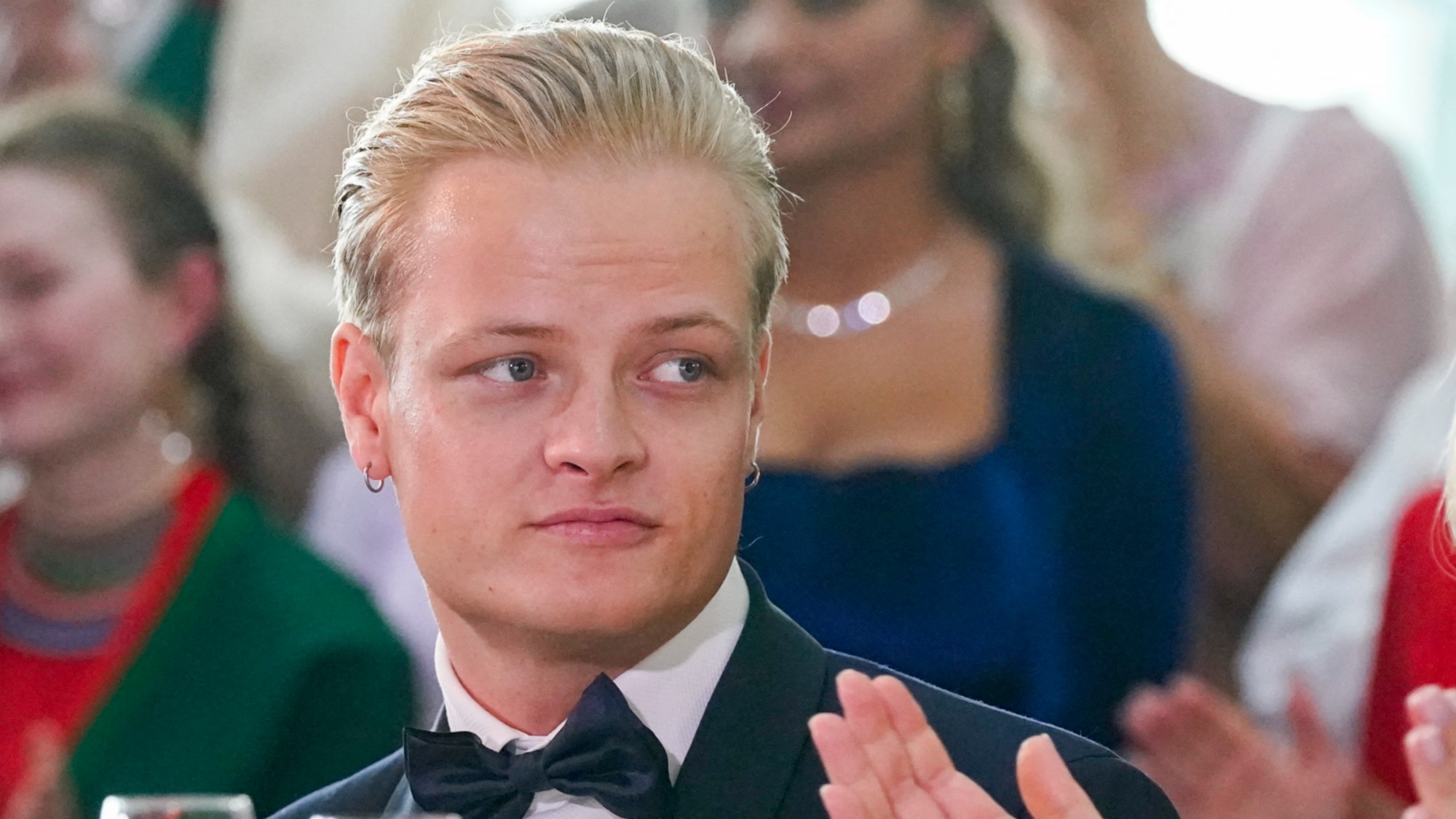 Norway’s scandal-hit royals
Norway’s scandal-hit royalsIn the Spotlight Rape trial of Marius Borg Høiby, son of the crown princess, adds to royal family's ‘already considerable woes’
-
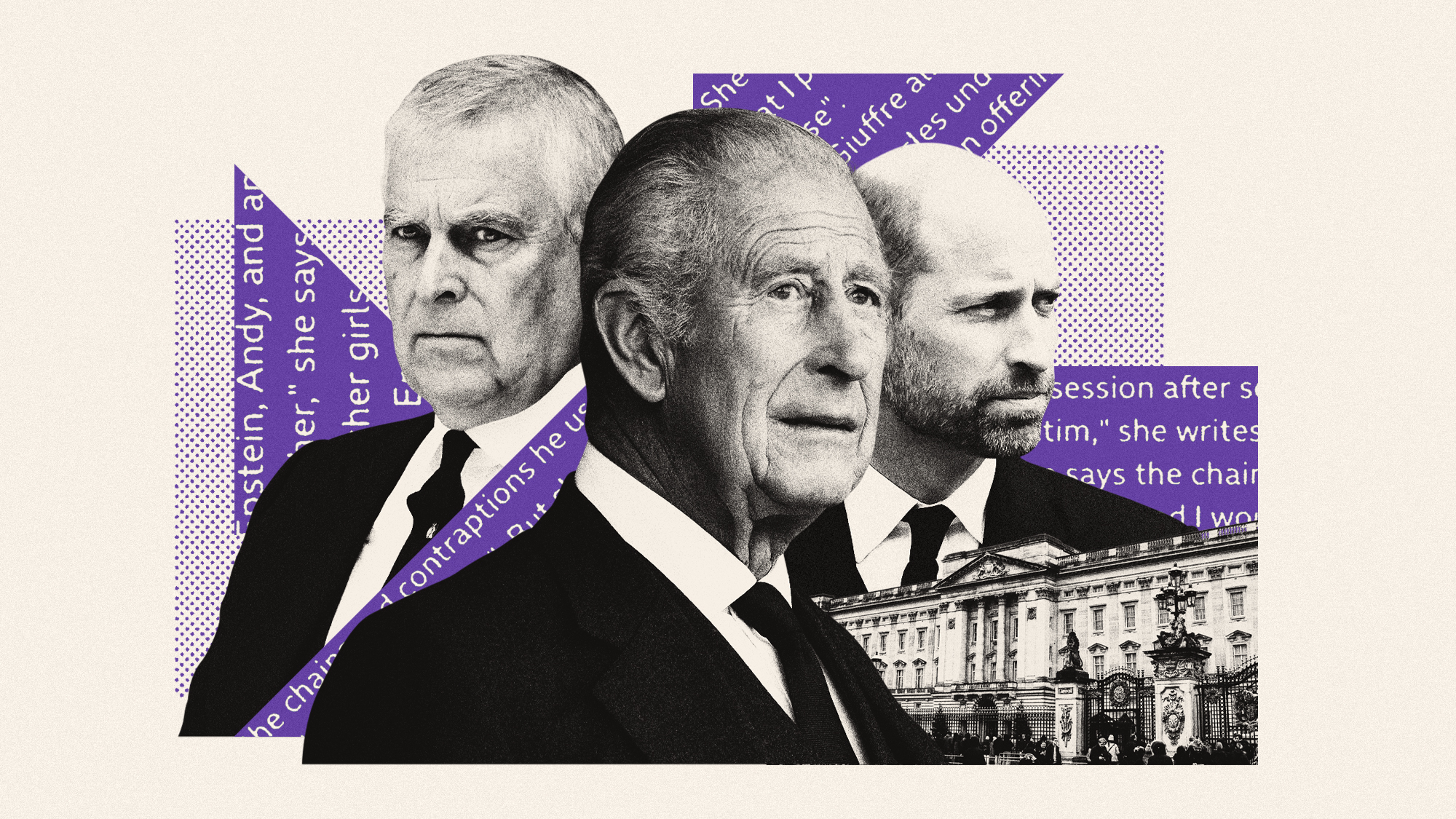 Prince Andrew: is the royal family doing enough?
Prince Andrew: is the royal family doing enough?Today’s Big Question King Charles faces calls for tougher action against Andrew after latest allegations about Virginia Giuffre and Jeffrey Epstein
-
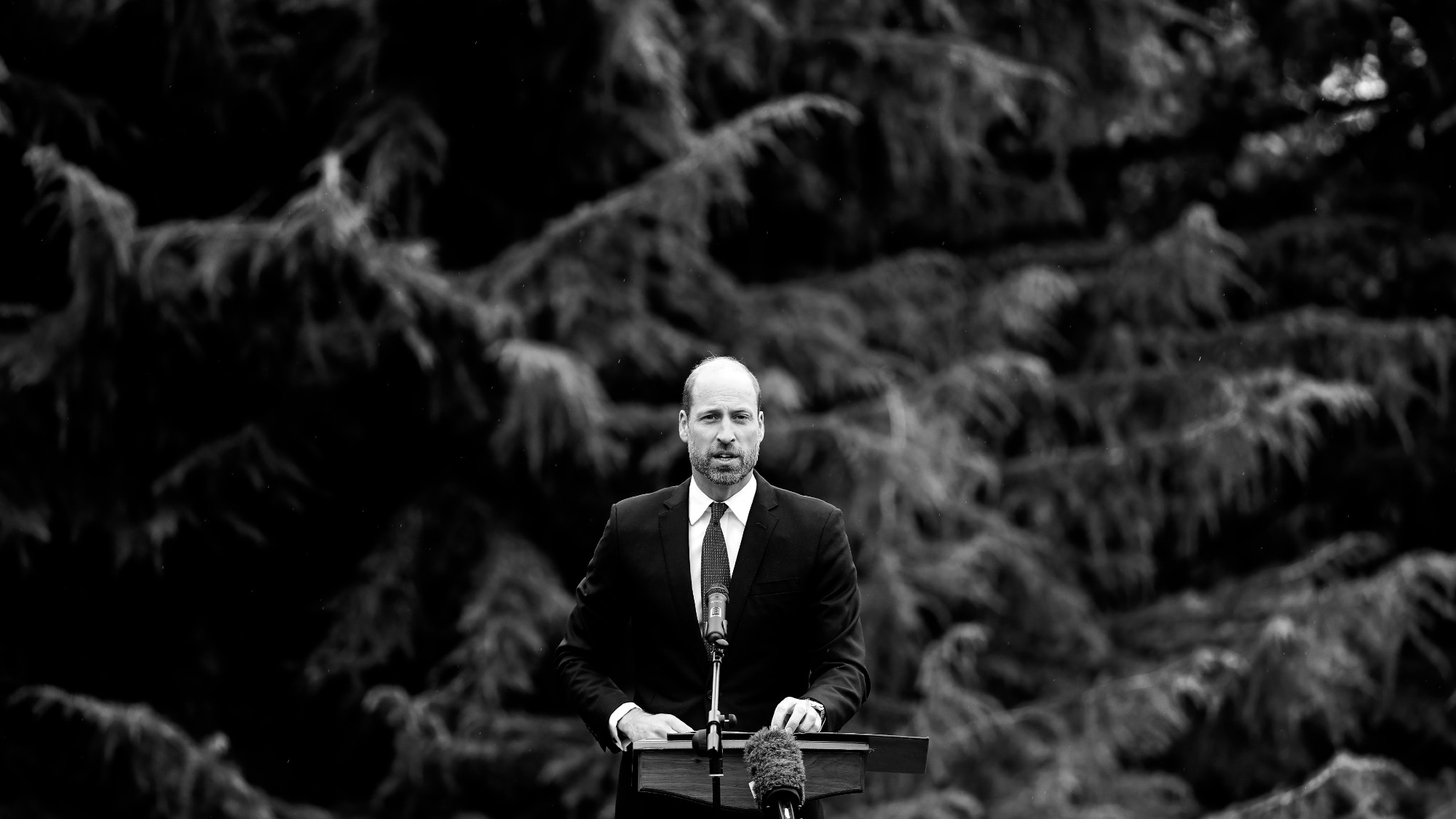 What will William be like as king?
What will William be like as king?Today's Big Question Prince of Wales said he won’t be ‘restricted’ by history when he takes the throne
-
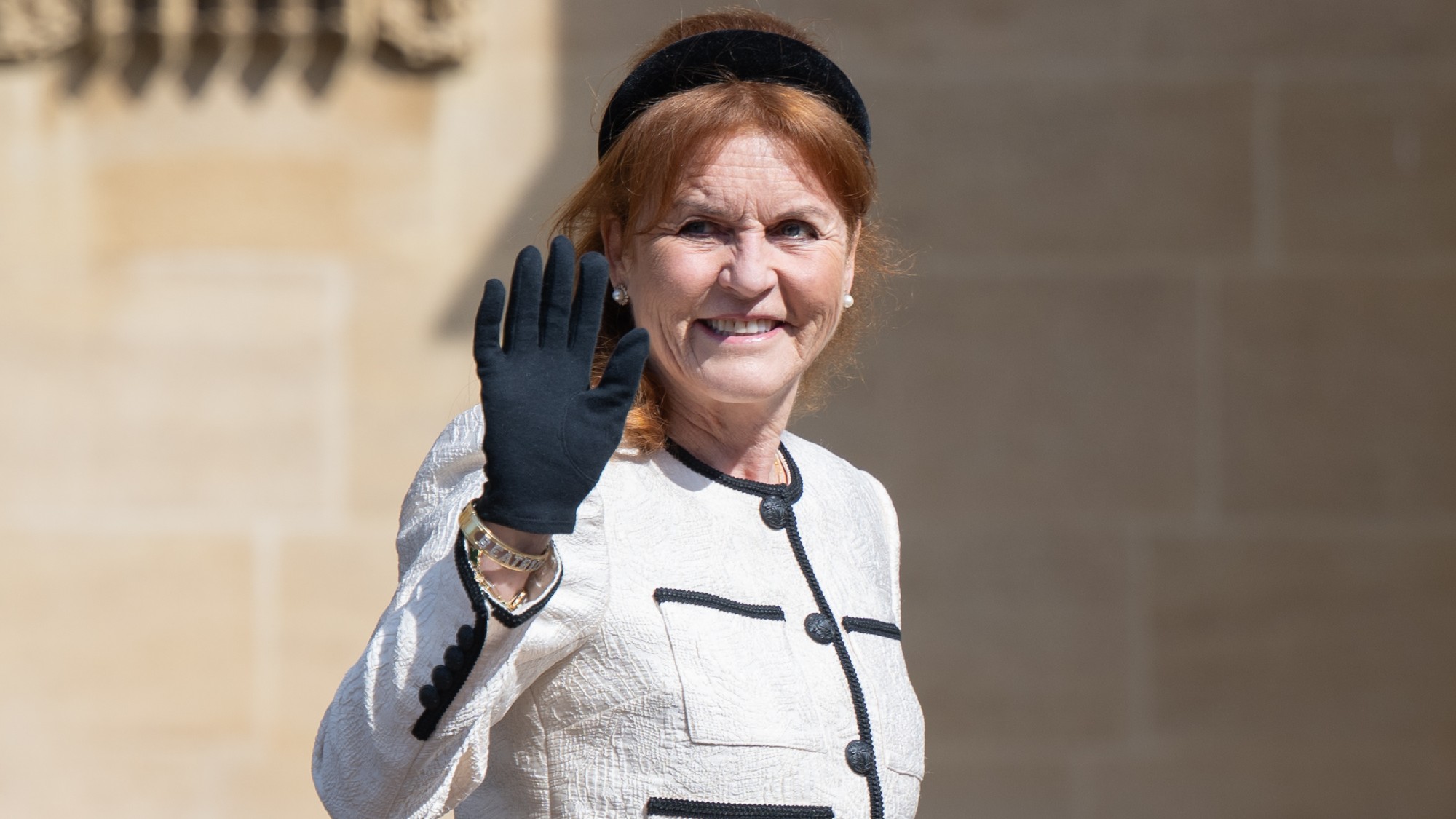 Sarah Ferguson: a reputation in tatters
Sarah Ferguson: a reputation in tattersIn the Spotlight After emails surfaced revealing ties to Jeffrey Epstein, weeks after she claimed to cut contact, her charities are running for the hills
-
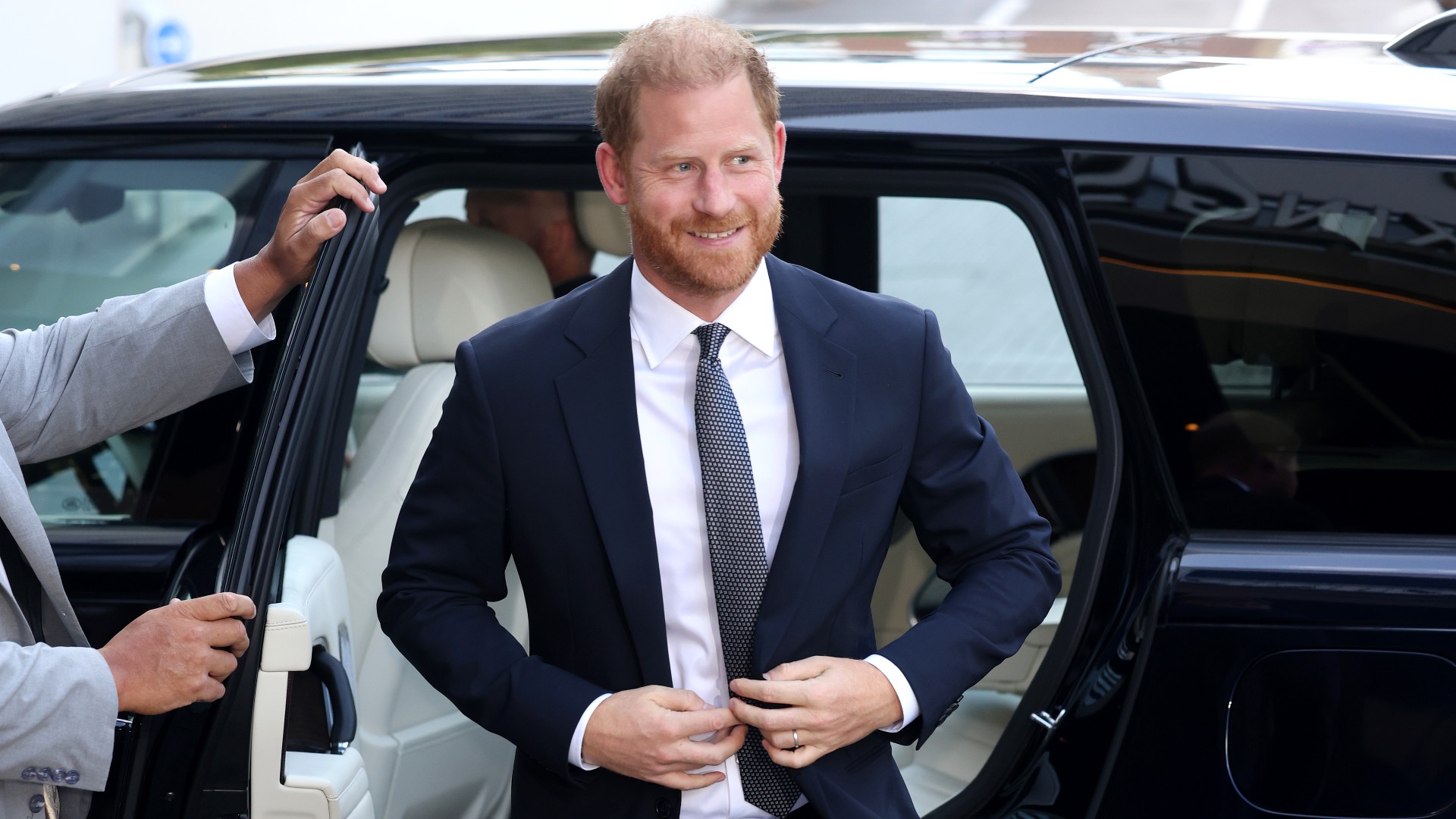 Prince charming: Harry’s tea with King sparks royal reconciliation rumours
Prince charming: Harry’s tea with King sparks royal reconciliation rumoursTalking Point Are the royals – and the UK public – ready to welcome the Duke of Sussex back in?
-
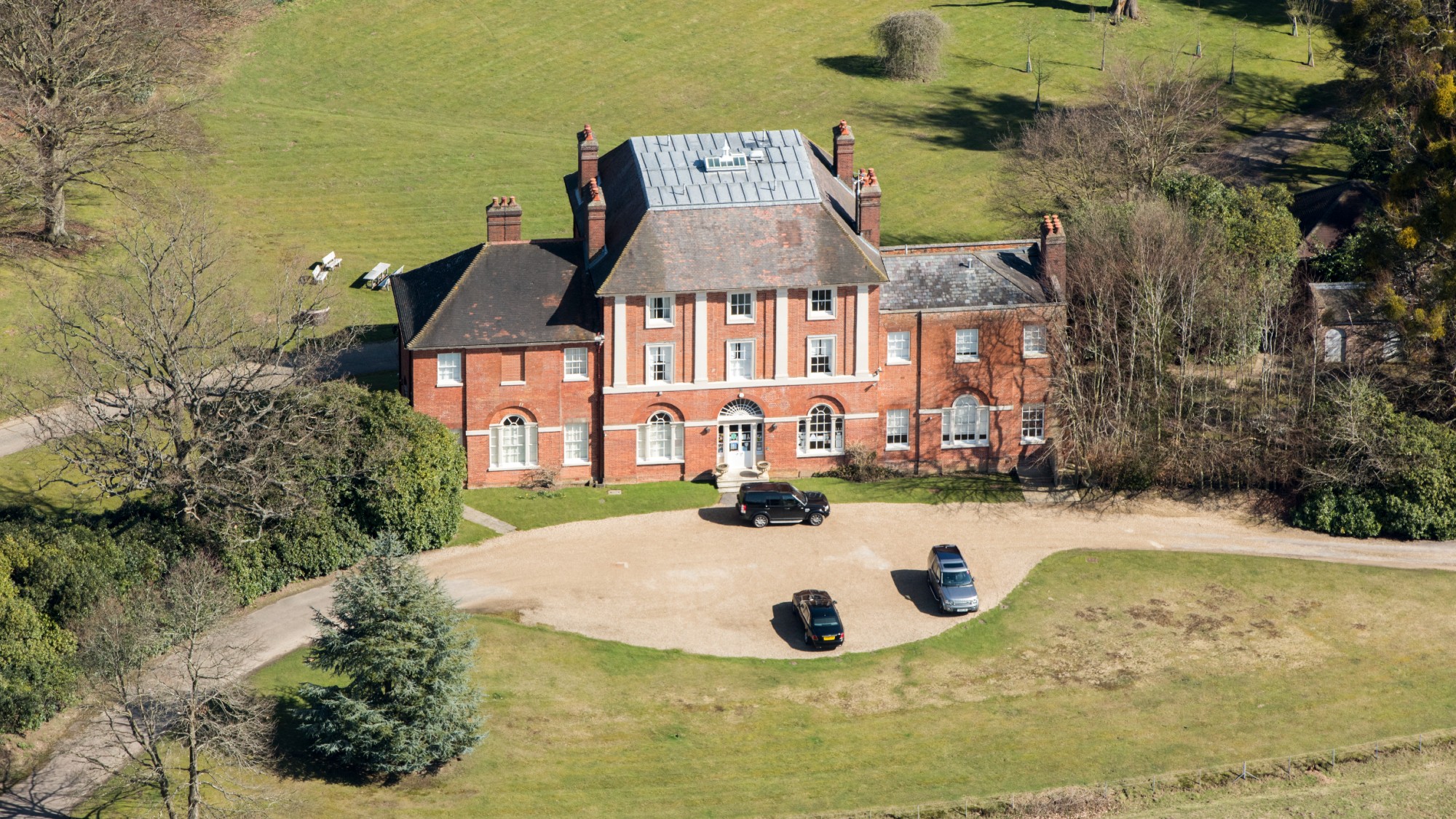 Forest Lodge: William and Kate's new home breaks with royal tradition
Forest Lodge: William and Kate's new home breaks with royal traditionIn the Spotlight Wales' said to hope move to 'forever home' in Windsor Great Park will 'leave unhappy memories behind'
-
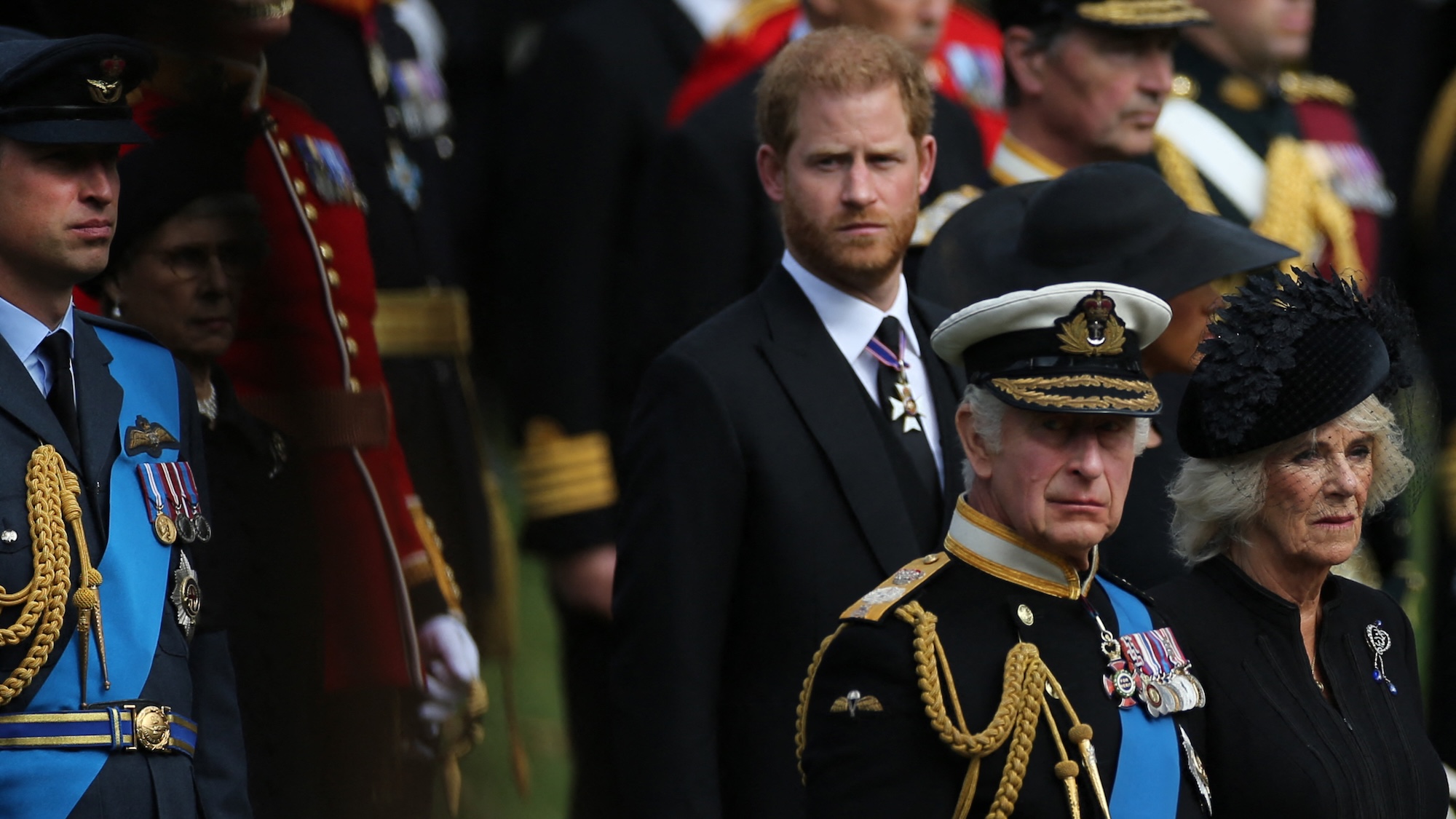 King Charles and Prince Harry: peace in our time?
King Charles and Prince Harry: peace in our time?Talking Point Leaked images of a secret meeting between royal aides suggest a dialogue is beginning to open up